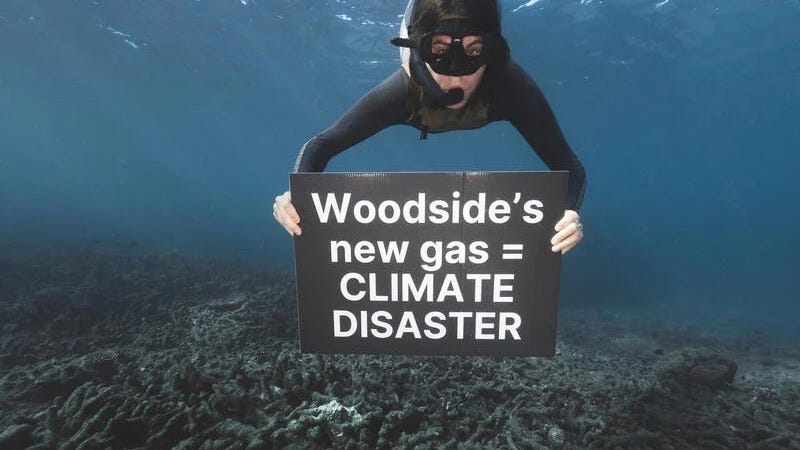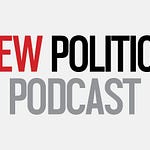In this explosive episode of the New Politics podcast, we look at the federal Labor government’s quiet but devastating climate betrayal, exposing its recent approval of Woodside’s massive fossil fuel North West Shelf gas expansion, extending emissions output until 2070.
While climate change barely rated a mention during the 2025 federal election campaign, Labor’s silence masked a range of decisions that are environmentally and economically reckless – including the greenlighting of new coal mines and fracking wells across Queensland and New South Wales, and a failure to curb rising greenhouse gas emissions.
We analyse the renewed North West Shelf licence and question why Australia, the world’s second-largest gas exporter, collects a paltry $1.1 billion in resource taxes while countries such as Qatar receive $26 billion for similar exports. With growing scrutiny over the broken promises of climate leadership, the environmental fallout, and the systematic giveaways to corporate giants like Woodside, we ask: is Labor indistinguishable from the Coalition on environmental policy?
We also discuss the dramatic defection of Western Australian Senator Dorinda Cox from the Australian Greens to the Labor Party. After a bruising election that saw the Greens lose seats and their leader Adam Bandt, Cox’s move raises questions about internal dysfunction, personal ambition, and whether political allegiance should be linked to party endorsements or individual mandate.
Is it ethical for MPs to switch parties mid-term without returning their seats to voters? We examine the political and symbolic implications for both parties – and for the electorate – while highlighting Prime Minister Anthony Albanese’s double standard in dealing with party defections.
In foreign affairs, we dissect the renewed push by the United States to ramp up Australia's military spending to 3.5 per cent of GDP – equivalent to $100 billion annually – under the guise of countering China. We unpack the fear-driven logic of US strategic demands, Defence Minister Richard Marles’ complicity, and the Albanese government’s subservient posture in global diplomacy.
As the US ramps up tariffs and pressures allies into costly defence spending, we explore Australia’s contradictory foreign policy stance – trading closely with China while preparing to engage militarily against it – and ask whether it’s time for a genuinely independent path in Australian foreign policy.


















Share this post